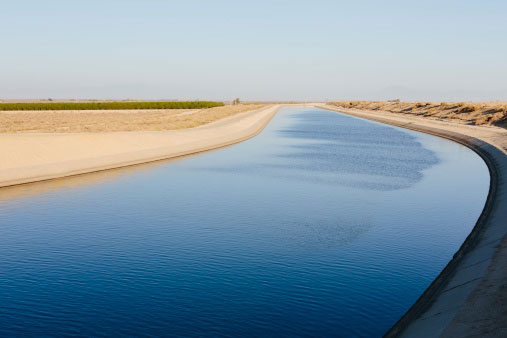
- Sustainability A-Z
- Water
Water
WM recognizes that global water consumption is an increasingly important environmental issue, and therefore, we are working to use water sparingly and responsibly. Primary water uses include, but are not limited to, drinking, sanitation, vehicle washing, dust suppression and landscaping.
Reducing Water Impacts
We continually look for ways to reduce water consumption across our operations by implementing graywater initiatives, using conservation methods such as fixture replacement or water consumption monitoring and implementing globally accepted environmental design guidelines such as LEED and Green Globes. A third-party service assists in gathering water and energy usage data across areas where water is provided through a public utility. Through the system, WM can retrieve water consumption data by market area, which offers a baseline understanding of consumption patterns on a regional level.
In some market areas, truck wash programs are shifting to the use of recycled water to reduce reliance on municipal water. In addition to our work with the Wildlife Habitat Council (WHC) in certifying wildlife habitat and environmental education at our sites, WM works with WHC on collaborative efforts among nonprofits, government agencies and companies to create water conservation strategies.
Water-Related Risks
WM’s operations are subject to impacts where climate change is driving a variety of extreme weather events. Understanding the water risks related to climate change involves identifying the facilities that are most at risk using scenario modeling. Scenario analyses of the physical impacts of climate change on flood, drought and water stress at WM facilities have resulted in taking a closer look at potential future impacts. Mitigating and controlling these risks requires business continuity planning, emergency response planning, evaluation of vegetative cover for landfills to reduce repair costs and dedicated staff that manage landfill gas systems.
Conducting this type of analysis has assisted WM in gaining a better understanding of our physical risks associated with extreme weather occurrences such as flooding and drought. We will continue to assess water risks and integrate scenario analysis into our operations to develop mitigation plans. For more detailed information on weather and climate-related risks, please see our latest Climate Brief.
We discuss water quality issues with our suppliers and customers pursuant to our participation in the Resource Conservation and Recovery Act (RCRA) Corrective Action Project and the Sediment Management Working Group. Both groups fund research on water quality parameters and discuss the interaction between water contamination and discharge standards and coverage. Through our work with these groups, we have been successful at encouraging innovation to reduce water impacts through new technologies and contaminant sampling and testing techniques.